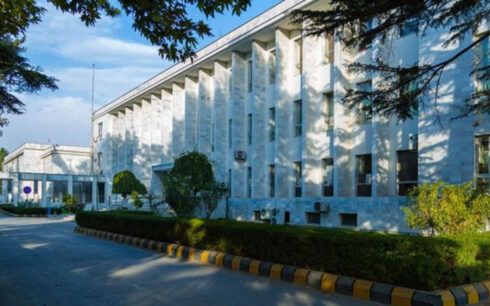Afghanistan has received two cash aid packages of each $40 million in humanitarian assistance within the span of a week after weeks of pause amidst Taliban’s ban on female employees of the United Nations and other restrictive bans from their administration on women in the country.
The aid packages of $40 million are sent to Afghanistan every week, but after the Taliban ban on UN female employees, there was a pause in the delivery of the fund. The last package arrived in Afghanistan on March 14, according to Taliban-run Central Bank.
The UN and the United States have assured that the money will not be left under Taliban control but will be used by UN agencies in Afghanistan.
Over the past four days, the Taliban-run Central Bank has informed about the arrival of two aid packages, in total $80 million, as part of humanitarian aid to the country.
But former vice president Amrullah Saleh in a tweet said the flow of the money is connected with the Doha agreement between the US and the Taliban and that the international community “wouldn’t announce this in order to avoid potential public criticism on absolute non-existence of independent local NGOs.”
“In reality, it was a conspiracy to turn a conglomerate of good terrorists, narco-traffickers and fanatics into geopolitical assets. If not, why the hefty weekly eight-digit cash delivery isn’t conditional?” he asked.
The money is usually transferred to Afghanistan International Bank (AIB) and then distributed to the UN agencies. The US special inspector for Afghanistan reconstruction has also expressed concern over Taliban influence on the fund.
“Why all meetings, from the EU representative to UN employees, are with the Taliban only? Why do they only listen to Talibs? And why are the victims of the current situation, including women and children, mentioned only when they send money to the Taliban under their name?” asked Zarmina Pariani, a women’s rights activist.
“If the aid packages do not arrive in Afghanistan, the value of Afghani will fall and all the people of Afghanistan will be affected and Afghanistan will move towards a crisis,” said Torek Farhadi, an analyst in political affairs.
The transfer of aid packages to Afghanistan has resumed at a time when at least 3,500 UN employees, including women, are either working from home or have not attended their offices in protest to the Taliban ban on women employees.





